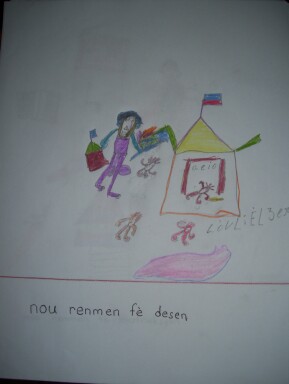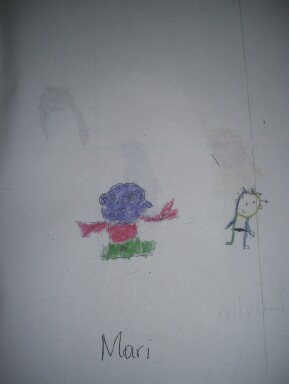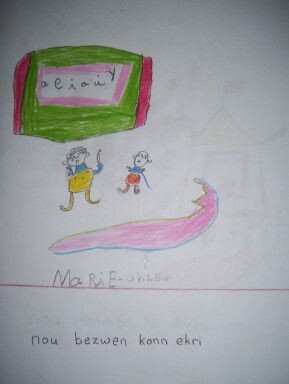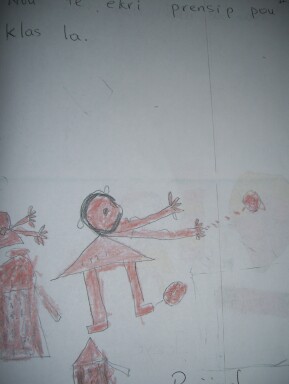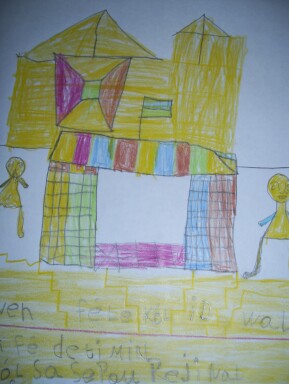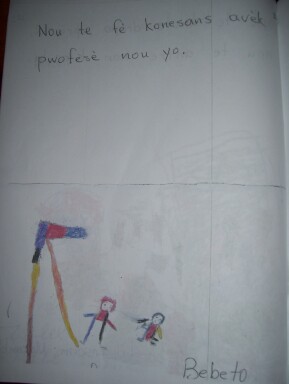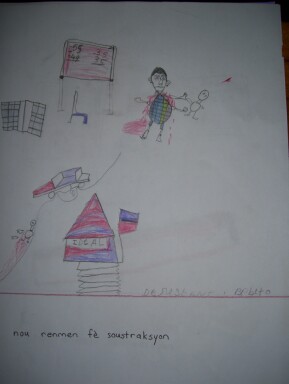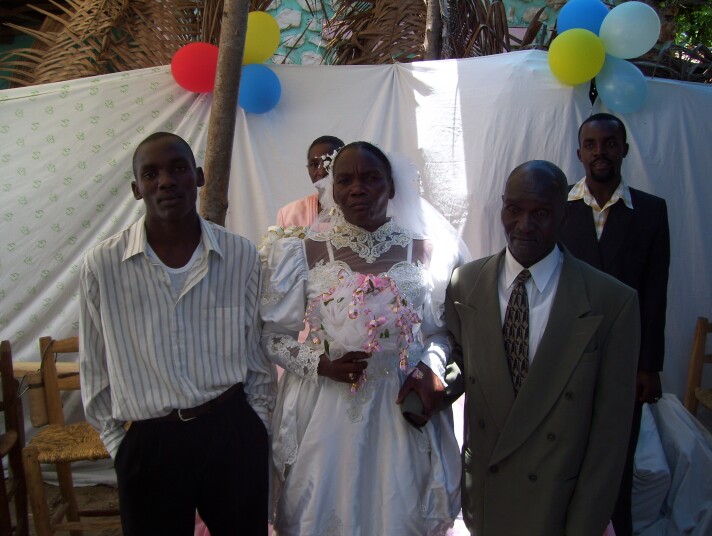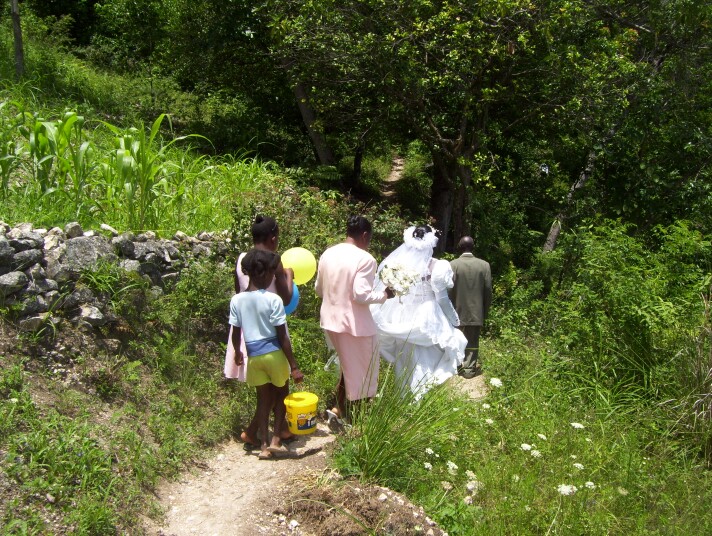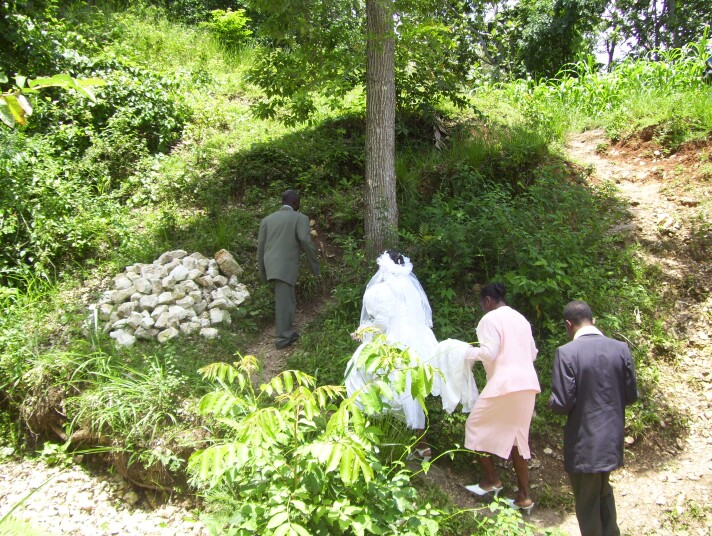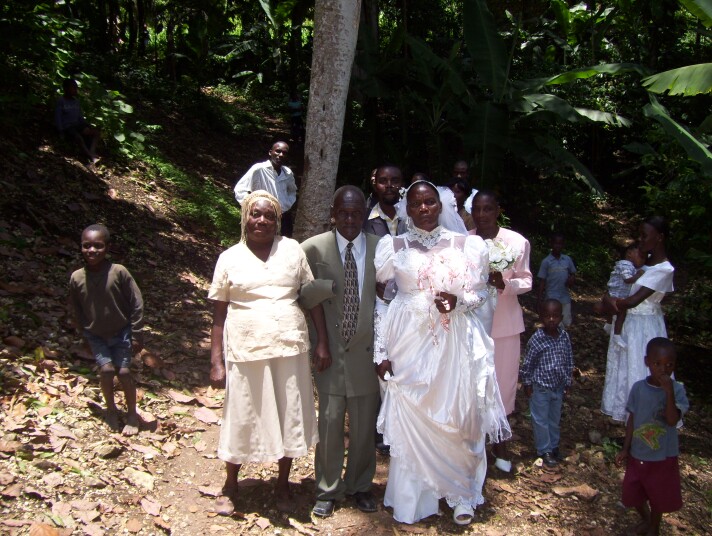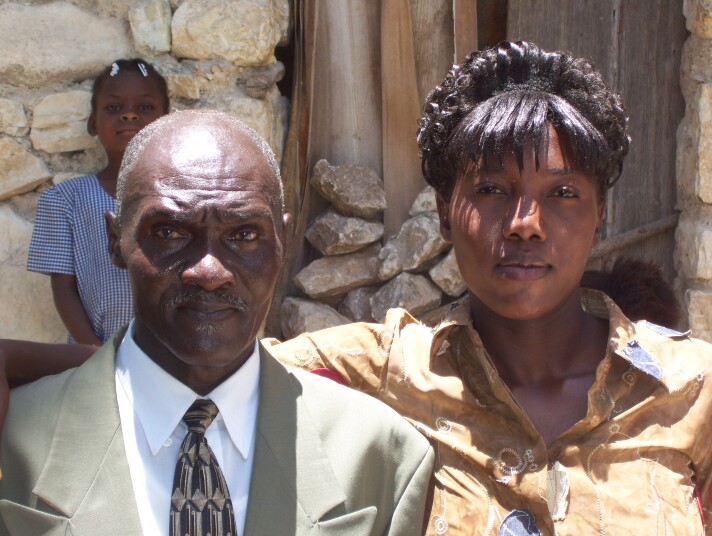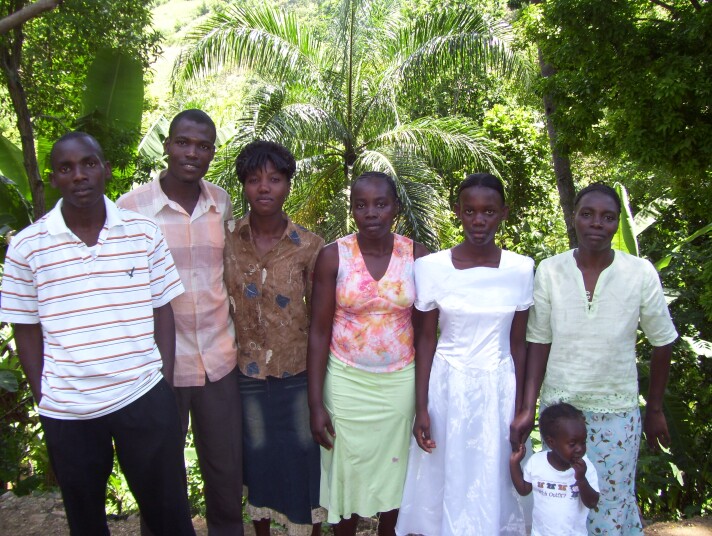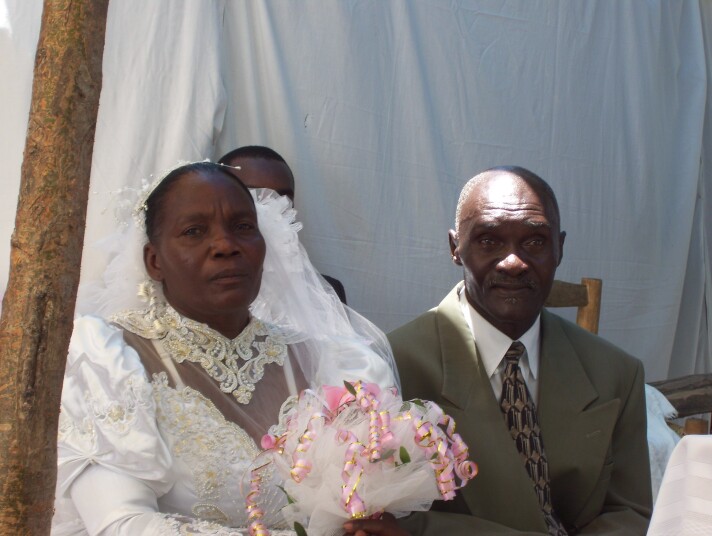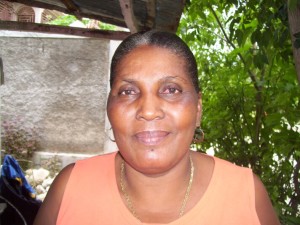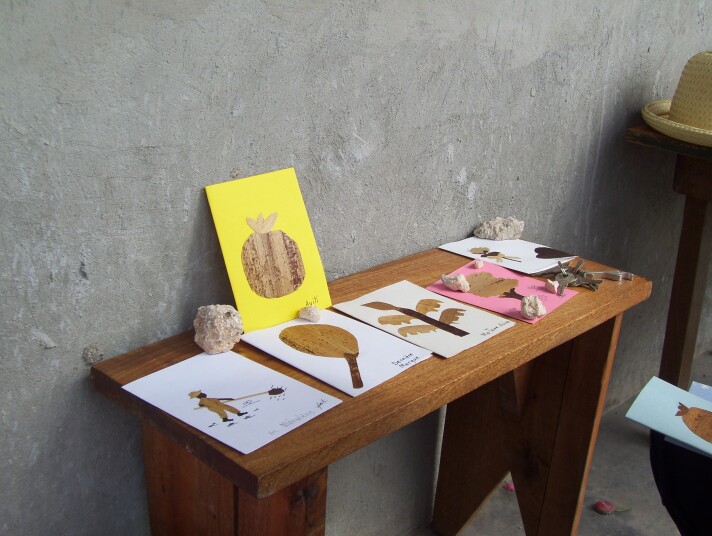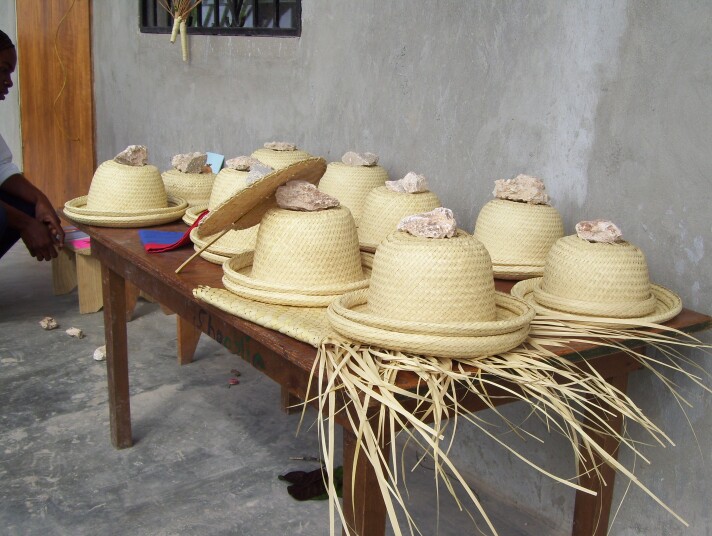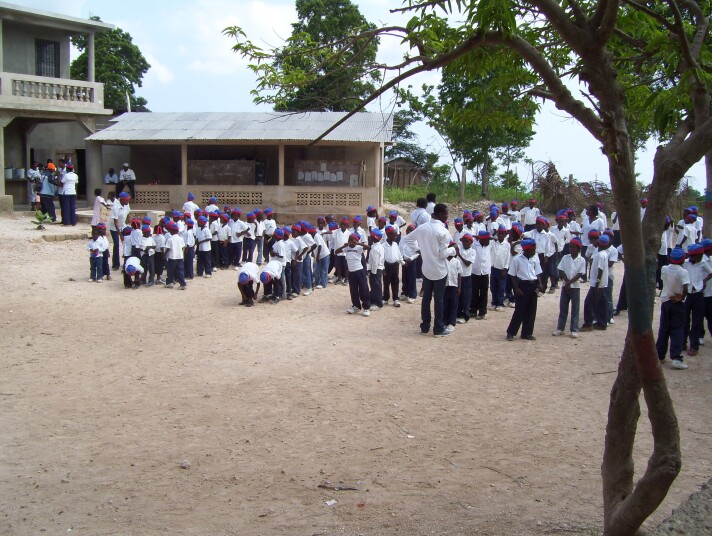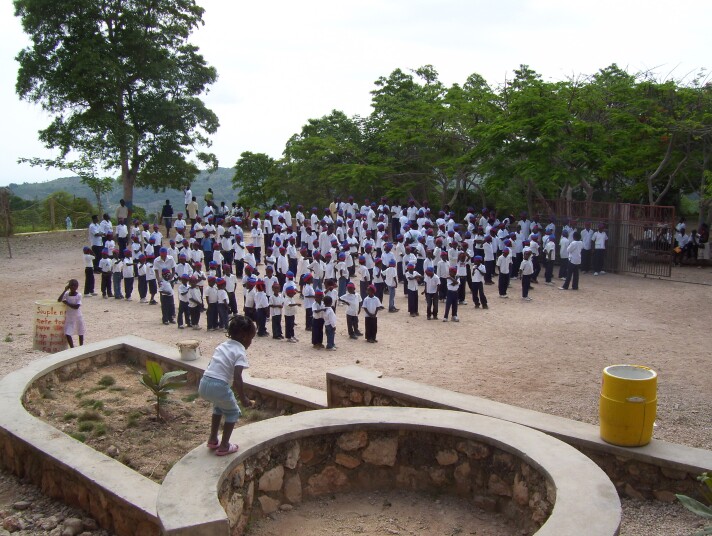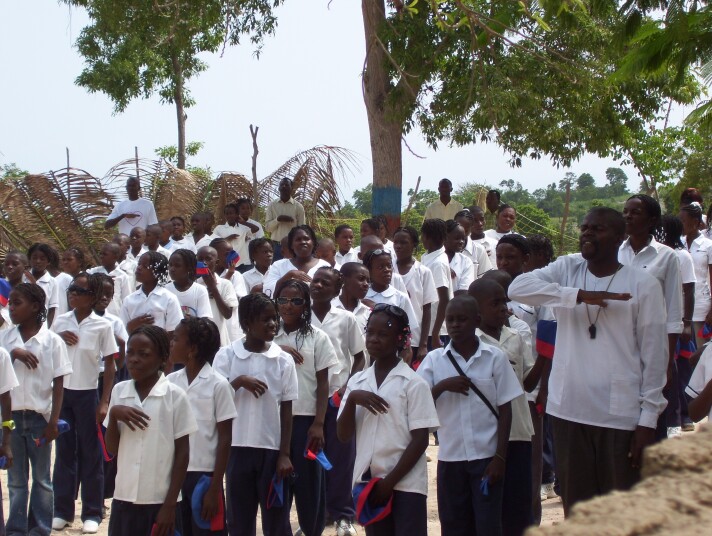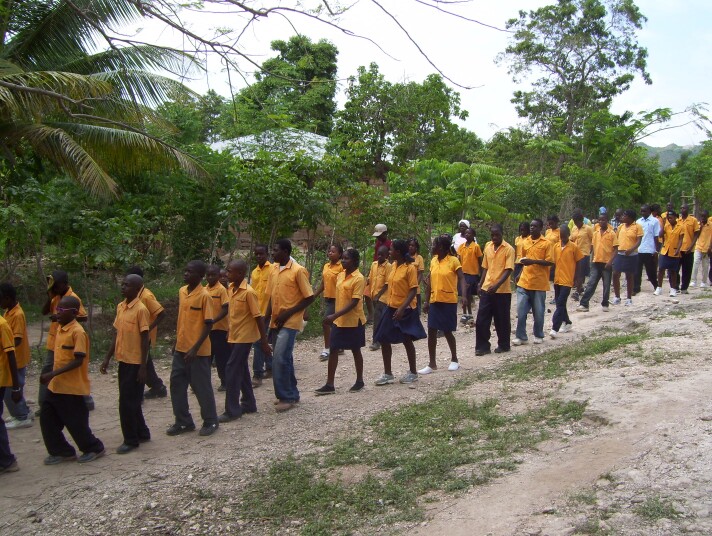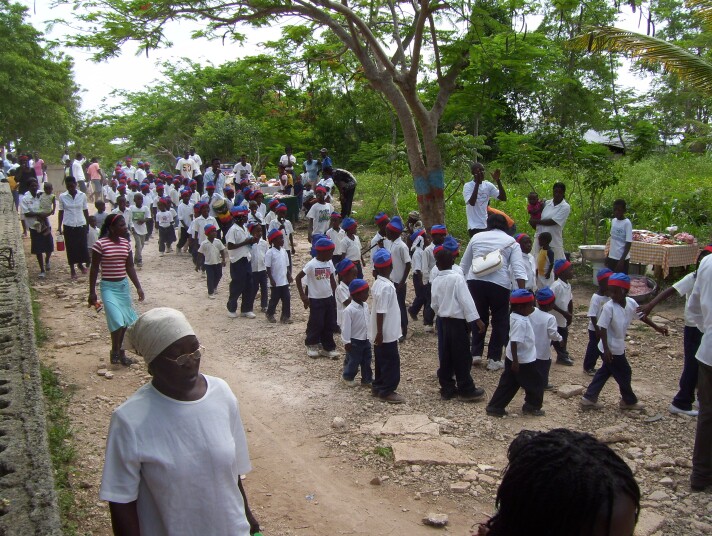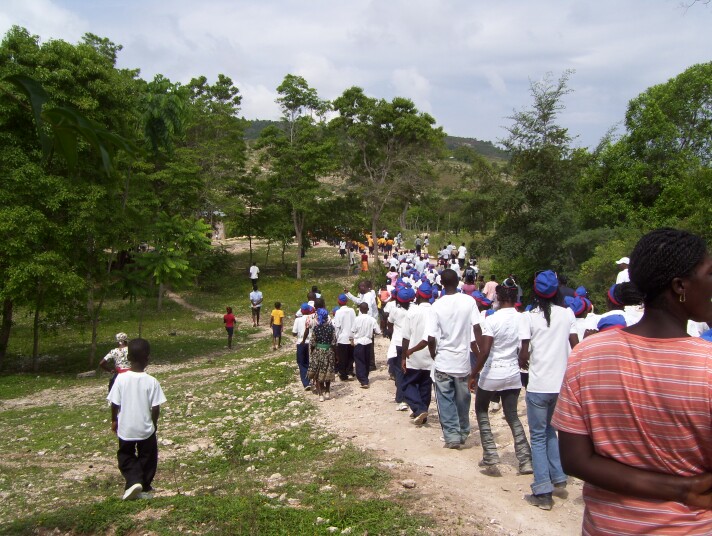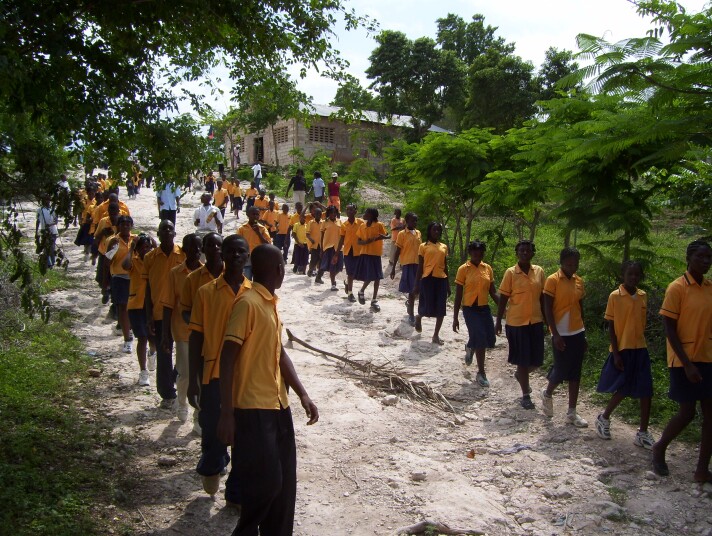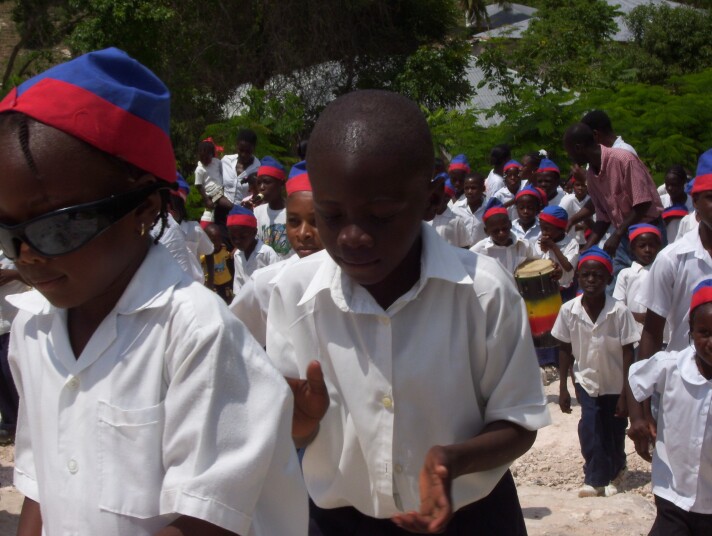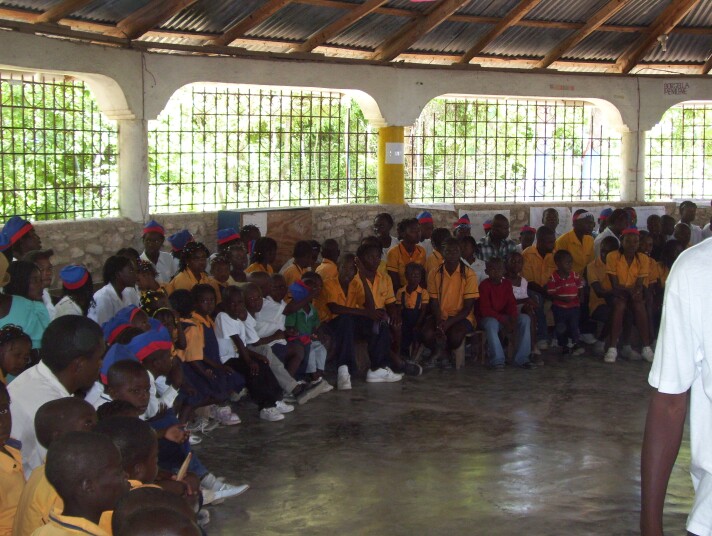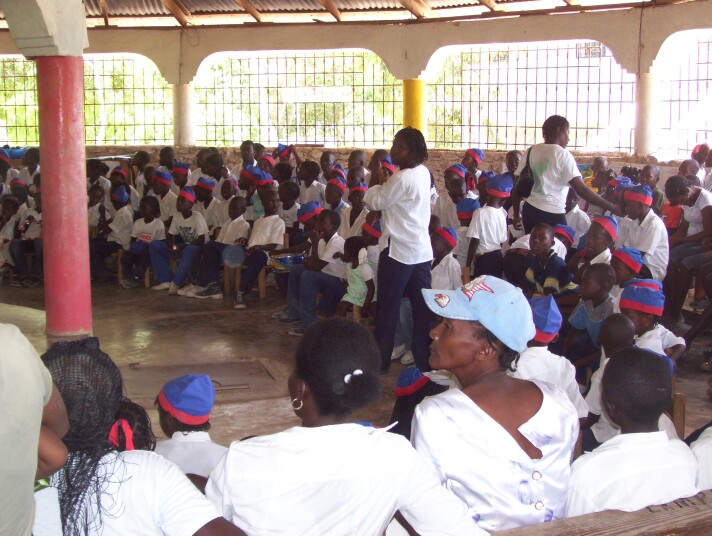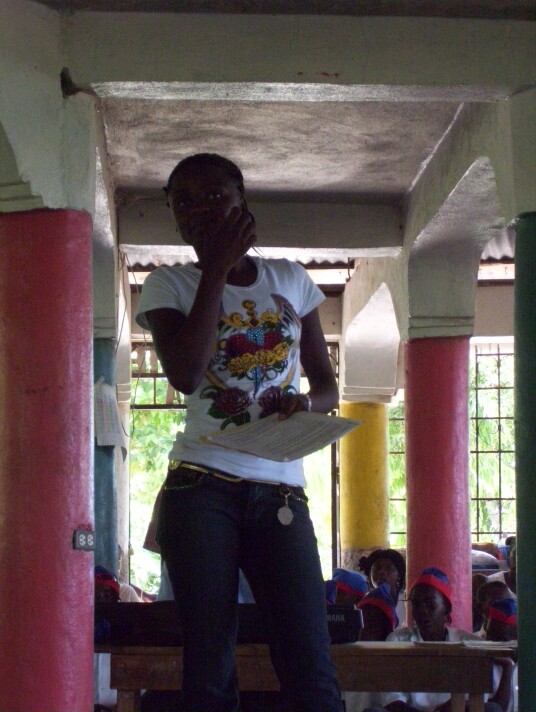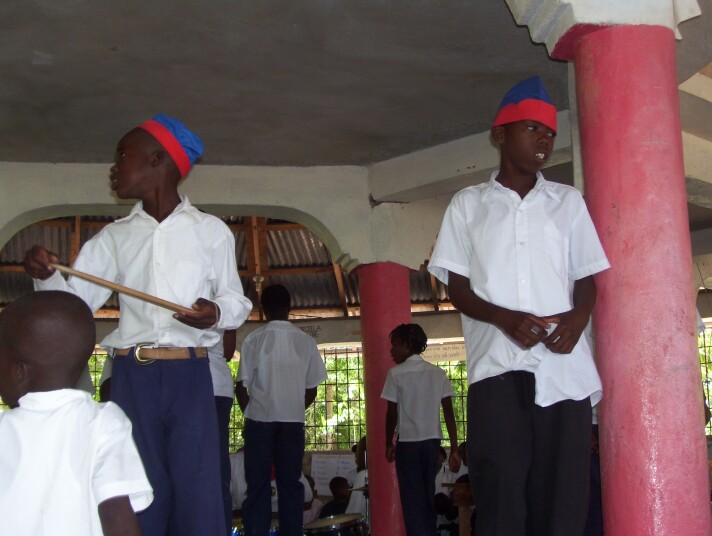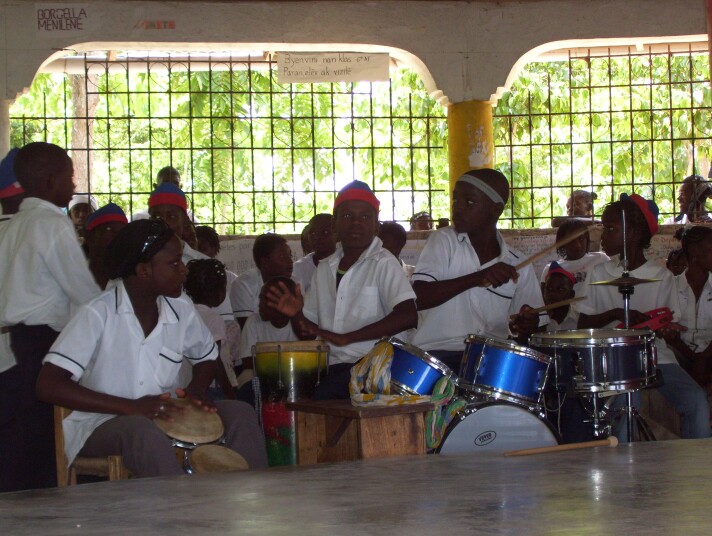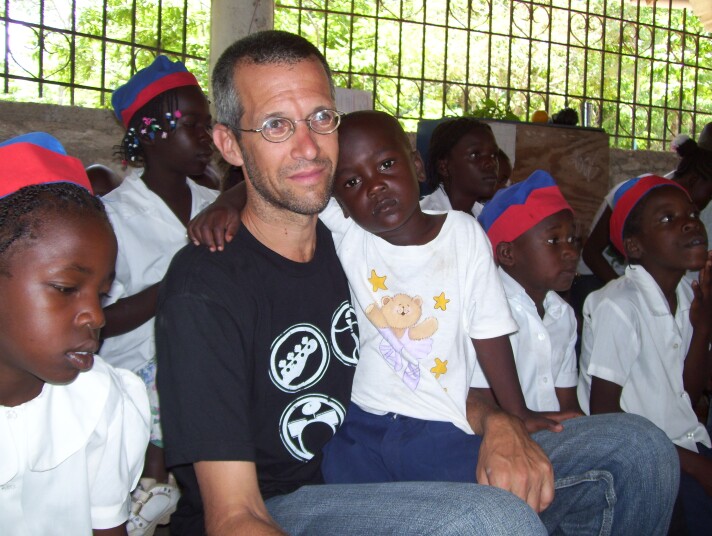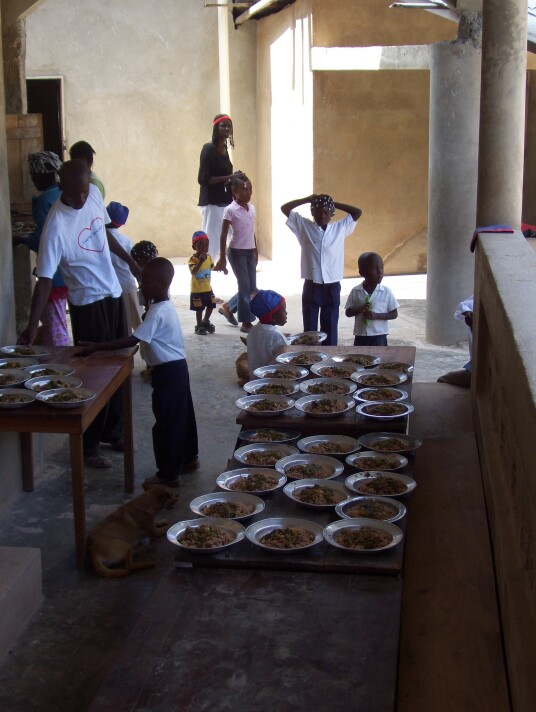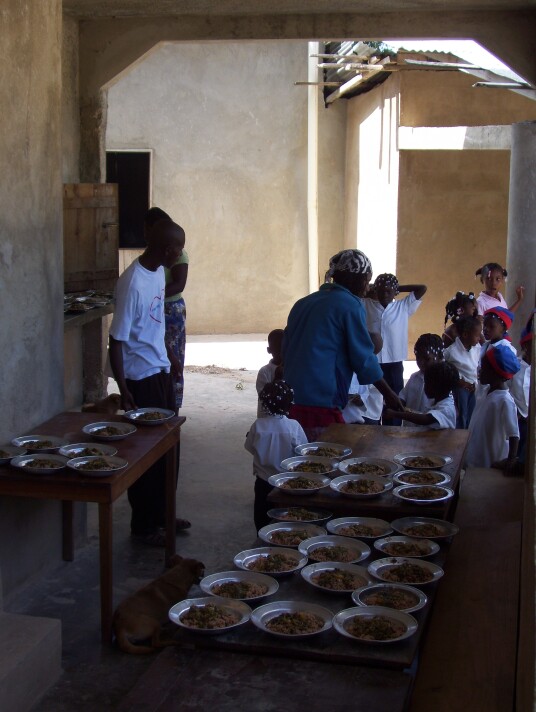One of the surprising realities of the microfinance world is the rate at which clients typically repay their loans. The industry standard is something like 97%. And this is true even though the borrowers are poor and even though they usually offer no collateral beyond a small savings account. The guarantees that a microfinance institution (MFI) relies upon are its members’ sense of honor, their continuing need for credit, and the solidarity that develops among them.
And such guarantees are enough as long as borrowers can repay. That is to say: as long as the profits they make using the money they borrow and invest are sufficient to help them support their families and to pay back their loans. As the father of the international microfinance movement, Muhammad Yunus, has said, “the poor always repay.”
But good repayment is not simply a matter of goodwill. Sometimes, despite their need for ongoing access to credit, and despite their desire to repay, they simply can’t do it. Poor families are, of course, much more susceptible to mishaps that other families are. The minimal livelihoods they manage are fragile. A single accident immediately pushes them to or even over the edge. A child is sick. Bad weather ruins merchandise, a crop, or a house. A thief walks away with one’s cash or property.
Add to those accidents the mistakes that an MFI can make that undermine repayment. For example, inexperienced borrowers can believe that it’s in their interest to borrow as much as a lender will give them, and a lender with inexperienced field staff can end up making loans in excess of what a borrower’s business can absorb. Borrowers are left with extra cash on hand or extra merchandise they can’t sell. Suddenly they’re responsible for interest on money that’s not working for them, earning profit. Their reimbursements then are bound to exceed what their business can produce.
Until now, Fonkoze, like many MFIs, has had a single way to help borrowers face such problems: Solidarity. What that means in this context is that borrowers do not take their loans out individually, but in groups of five. Five women form a “solidarity group.” They take out their loans and make their repayments together. If one member is struggling, other members are expected to pick up the slack. They pitch in to help one another make scheduled repayments, and settle up on their own. Ideally, Fonkoze never even knows that one of its members was short. The women simple handle such instances among themselves. And this ideal case is reality often enough.
But that single and simple approach to repayment problems has been proving less and less satisfactory. The economic situation in Haiti has been deteriorating, and so it’s been harder to get members to help one another repay. It’s not for lack of good will. They simply can’t do it. Food and other living costs are spiraling upward, so running their own households is getting more and more expensive. In addition, those who earn their living selling things other than food are making less and less money because their customers have less cash on hand to spend.
The traditional structure of solidarity group microfinance then multiplies the problem. The loans really are group loans, and cannot be disbursed individually. If I can’t repay my part of the loan, my friend Anne can’t get a new loan either, even if she’s repaid her part of our loan on time. So, quickly enough, Anne’s livelihood is threatened just as mine already was. Borrowers become frustrated and repayment rates tumble. Some who would otherwise want to repay can even choose not too if they foresee that their fellow members’ inability to repay will mean that they won’t be able to get another loan. They can feel as though they have no choice but to hold on to the cash that they would normally be using to pay back their loan just to have something on hand.
Seeing its repayment rate decline over the last year, Fonkoze knew it had to take aggressive action. Too many of its borrowers were simply frozen. Some have debts they do not know how to face. Some are prevented from taking out new loans by their fellow borrowers’ delinquency.
Fonkoze decided to try an experiment. It would go to some of the branches that are having the most trouble, and fundamentally change the way it makes loans. It would send teams out into the field to speak with both delinquent borrowers and borrowers prevented from getting new loans. The news for the former would be that Fonkoze is ready to renegotiate repayment calendars to make repayment possible. The news for the latter would be that, for the first time ever, Fonkoze was now willing to offer them new loans whether or not the other members of their solidarity groups had finished repaying their share.
In effect, Fonkoze would be experimenting with a shift from the classic form of solidarity-group microfinance that has been its hallmark – with all the useful simplicity that its rigidity provides – to something more flexible and complex, something we hope can help Fonkoze members with the very real impediments they face.
So for the past couple of weeks, one of the jobs I’ve taken on is that of a loan officer, restructuring delinquent loans and giving out new credit at two Fonkoze branches in the Artibonite Valley, in northern Haiti.
Senmichèl is a small city well off the main road that leads between the major coastal city of Gonayiv and Okap, Haiti’s largest city in the north. It sits in the midst of what is, to all appearances, a fertile agricultural region, rich with sugarcane and small distilleries that convert the cane to rum. Though Senmichèl feels out of the way, there are a surprising number of large, fancy houses, a sign that there is money in the town.
The Fonkoze office in Senmichèl is about three years old. It’s an offshoot of the very large office down the road, in Gonayiv. Credit agents used to travel several hours by motorcycle from Gonayiv to get there, and they eventually developed a pretty good-sized portfolio, one large enough that Fonkoze decided it should establish a separate Senmichèl office. The office has had its ups and downs ever since. Right now, it is struggling, so choosing it to be one of the offices that would attempt the experiment was easy.
I went to Senmichèl with Thomas Prophil, a Fonkoze regional director of credit and operations. He already has one branch turn-around to his credit: He took over a struggling branch in Pòmago, and led it to profitability and eventual transfer to Fonkoze’s commercial sister, Fonkoze Financial Services, within a few months.
Our goal in Senmichèl would be to meet with as many Fonkoze borrowers as quickly as we could, working with them until they see how they can get unstuck, how they can get themselves moving forward again. We would offer new credit to those who were ready, and restructured credit for those who have fallen behind.
But our first discovery would be that there could be nothing quick about the work. On one hand, just getting word to all the members we wanted to see would be a challenge. One of the difficulties at the Senmichèl office is that communication has been poor, both between the office management and its credit agents and between the credit agents and the members they serve. We arrived on Tuesday afternoon, worried that we were late for a meeting with nearby members that had been scheduled since the previous Friday. When we arrived, however, we discovered that the meeting hadn’t even been arranged. Somehow, word never got from the branch manager to the credit agents.
So Thomas pitched a fit. He told the credit agents that he was holding the meeting in 30 minutes and that their clients had better be there. It was a good piece of theatre: an unspecified threat that managed to feel very real. Within an hour we were meeting with a handful of Fonkoze members, and the work had begun.
It wasn’t surprising that borrowers didn’t respond to the invitation in droves. Exactly the members we most needed to see were the ones initially least motivated to talk with us, some because they were behind and thought they had no prospect of catching up, others because they were up-to-date but thought they could get no new credit. But several representatives of several different solidarity groups came. We knew that once we started working more flexibly with a first few, word would get out and others would come, hoping that we could help them as well.
On the other hand, even once borrowers were assembled, the work would still be slow. We needed to talk to each client individually and at some length about her situation. We needed to know, for example, how borrowers had fallen into delinquency. We needed to know how viable their businesses still were. We needed to know what sources of repayment, however small, might be available to them. All that would take time. And explaining our new approach would be time-consuming as well. Members very much accustomed to Fonkoze’s one way of doing things would be excited once they heard what we were offering, but it would generally take some time to sink in.
Thomas and I were the only ones at the office who knew enough about the experiment to hold those conversations, and Thomas needed to concentrate on planning an overall approach for the office. So I drew the job of meeting with women as they came in.
Most who came had fallen behind in the reimbursements. And the stories they told were varied and, mostly, sad. Children or parents had been sick or had died. Or the women themselves had been sick. Or they had been robbed on business trips to Pòtoprens or Dajabón, a market town just across the Dominican border, where many of them go to buy. Some of them had very nearly repaid their loans, and some had a long way to go. All of them seemed pleased just to have the chance to tell their stories and even more pleased to see a way to get themselves back on track.
Mariella can serve as a case in point. She’s a widowed mother with three kids, girls age twelve and sixteen and a boy age ten. She’s a long-time borrower, a sandal merchant who used to buy her merchandise in Okap and sell it in the markets in and around Senmichèl. But her little boy was sick, and needed to be hospitalized. She lost time from her work while she was caring for him, and the expenses she incurred ate up her capital. Fortunately, the boy is now well, but her sandal business no longer exists. She was left with a debt of 5200 gourds, about $135.
She used the last of her cash to buy a barrel of cane syrup. She knew she could distill it, and repay her loan from the sale. Once she had repaid her loan, she would see about getting her business back on its feet. But somehow the rum was spoiled. I don’t know enough about the distilling process to really explain what happened. But she said, “It turned to water.”
Mariella and I spoke for about an hour. She has a plan to get herself moving forward again. Hopelessness is not an option for a widowed mother of three. One of her late husband’s brothers is willing to lend her a barrel of syrup. Apparently, if she mixes a good barrel with her spoiled barrel, and distills them together, she can produce rum she can sell. But the timing of this enterprise will be hard. Once the rainy season starts in earnest, the local roads turn to mud, and she won’t be able to transport the barrel her brother-in-law is offering.
We established a conservative repayment schedule for her, but here the timing is tight as well. She needs to be able to get new credit in time to buy merchandise for back-to-school sales. It’s a time when lots of money is being spent, and getting her business up and running by then could be key to ensuring that she can send her own children to school next year. For all her problems this past year, her kids did not lose a year at school.
Restructuring a handful of loans for clients in trouble is time-consuming, but not really hard. Fonkoze’s real challenge will come if the experiment succeeds. Turning upper-level management – and middle-aged foreign volunteers – into loan officers is not a long-term solution. The loan officers themselves – and there are a couple hundred of them – will need to be retrained and the tools they use – forms, contracts and the like – will have to be redesigned from scratch.
But it will be more than worth the effort if it can transform Fonkoze into an institution fundamentally more powerful as a servant of the poor.

